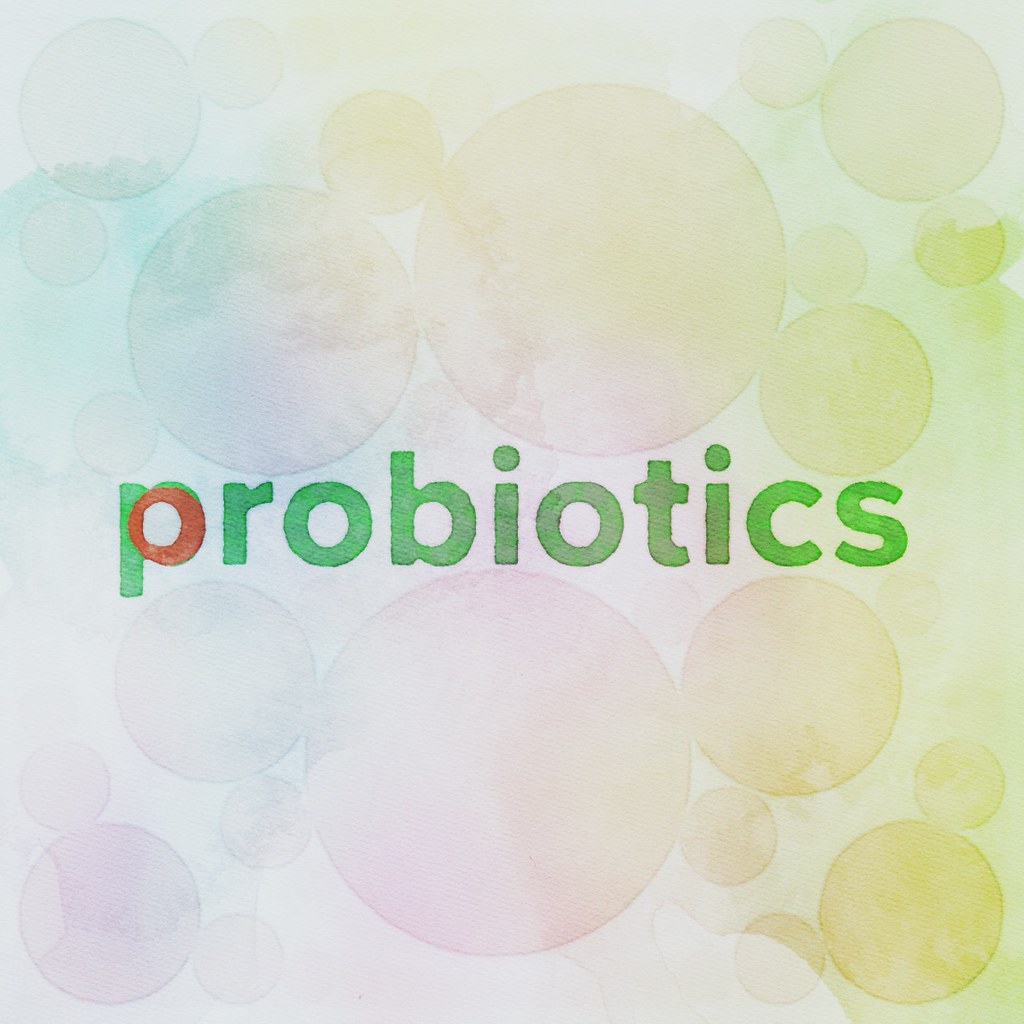In a world brimming with fascinating scientific discoveries, it’s easy to overlook the tiny superheroes lurking within our own bodies. While we often associate probiotics with human health, these minuscule powerhouses play a pivotal role in keeping our furry, feathery, and scaly friends thriving too. The astonishing interplay between probiotics and animal health has captivated researchers and pet owners alike, shedding light on the multitude of benefits these microscopic warriors offer to our beloved companions. From bolstering their immune systems to promoting digestion, the positive impact of probiotics on animal well-being is simply outstanding. So, grab a front-row seat and embark on a journey into the mesmerizing realm of animal health nurtured by the incomparable might of probiotics!

1. Unraveling the Gut Microbiome: A Closer Look at Probiotics and Animal Digestive Health

Delving into the intricate world of the gut microbiome unveils a fascinating realm of possibilities for improving animal digestive health. Probiotics, the microscopic superheroes of the gut, hold the key to unlock its true potential. These live microorganisms have been extensively researched, revealing their ability to enhance digestion, boost nutrient absorption, and even bolster the immune system in animals. By utilizing probiotics, animal owners and farmers can optimize the digestive efficiency of their livestock, leading to healthier animals and increased productivity. Embracing the power of probiotics is a revolutionary step towards promoting animal well-being and sustainable agriculture.
Benefits of Probiotics for Animal Digestive Health:
- Improved Digestion: Probiotics aid in breaking down complex food particles, leading to better nutrient absorption and reduced gastrointestinal issues.
- Enhanced Nutrient Utilization: These beneficial bacteria optimize the utilization of dietary nutrients, maximizing the animal’s overall feed efficiency and performance.
- Strengthened Immune System: Probiotics stimulate the production of immunoglobulins, promoting a robust immune response and reducing the risk of infections.
- Reduced Antibiotic Usage: By maintaining a healthy gut microbiome, probiotics help minimize the need for antibiotics in animal production, contributing to a sustainable farming approach.
- Minimized Digestive Disorders: Probiotics can alleviate or prevent conditions such as diarrhea, colic, and intestinal inflammation, ensuring animal well-being and minimizing economic losses.
Exploring the potential impact of probiotics on animal digestive health opens a world of opportunities for improving livestock performance while promoting a more environmentally friendly approach. Embrace the benefits of probiotics and witness the transformation in your animals’ well-being and productivity.
2. Harnessing the Power of Probiotics: Key Considerations for Optimizing Animal Well-being and Performance

When it comes to animal health and performance, harnessing the power of probiotics is crucial. Here are some key considerations to keep in mind:
- Choosing the Right Probiotic: Selecting the appropriate strain and formulation of probiotics is essential for maximizing their benefits.
- Quality Matters: Ensure that the probiotic product meets high quality standards, and opt for those that have undergone rigorous testing and research.
- Proper Dosage: Follow recommended dosage guidelines to ensure that animals receive the right amount of probiotics for optimal results.
- Application Techniques: Explore various administration methods, such as adding probiotics to feed or incorporating them into drinking water, to effectively provide the benefits to the animals.
- Monitoring and Evaluation: Continuously monitor and evaluate the impact of probiotics on animal well-being and performance to make necessary adjustments for maximum effectiveness.
By taking these considerations into account, you can harness the power of probiotics to enhance animal well-being and performance.
The Conclusion about The Role of Probiotics in Animal Health.
In conclusion, the role of probiotics in animal health is an emerging field that holds great promise. These beneficial bacteria have the potential to revolutionize the way we approach animal wellness and disease prevention. As we continue to unravel the complex interactions between the gut microbiome and overall health, the use of probiotics in veterinary medicine will likely become more prevalent.
With their ability to enhance digestive function, boost the immune system, and alleviate symptoms of various ailments, probiotics offer a natural and holistic approach to animal well-being. From farm animals to household pets, these tiny microorganisms have the power to promote optimal health and improve the quality of life for our animal companions.
However, it is important to note that not all probiotics are created equal. The efficacy and safety of specific strains, as well as proper dosing and administration, should be thoroughly evaluated to ensure positive outcomes. As with any nutritional or pharmaceutical intervention, consultation with a veterinarian is key in determining the appropriate probiotic regimen for your animals.
In the coming years, further research and development in the field of probiotics for animal health will undoubtedly shed more light on their immense potential. As scientists delve deeper into the intricate world of the gut microbiome, we can only anticipate even more groundbreaking discoveries.
So, let us embrace the potential of probiotics as a valuable tool in promoting animal health. By harnessing the power of these microscopic superheroes, we can pave the way towards a healthier, happier, and more harmonious relationship between humans and animals.
